Try walking into your local supermarket and finding an ugly apple. Sounds easy, right? But look closely at the rows of red, green and yellow fruits and you’ll realize they all have one thing in common with exception to the occasional bruise: they are grown not just to appetize the eater, but to aestheticize the shopper. Inevitably, many apples don’t make the cut.
Husband and wife duo Jonathan Carr and Nicole Blum of Carr’s Ciderhouse are on a mission to make sure no apple gets left behind, starting with a nonjudgmental eye and ending with an array of exceptional sippers.
“Most of the apples grown in this country are for eating, sold as table fruit,” says Carr, who founded the Western Massachusetts cidery with his wife in 2012. “They have to have a perfect finish and look a certain way, because people won’t buy ugly apples that aren’t cosmetically perfect.”
Outside of looks, Carr also notes that the stressing, or dehydration, of vineyards and orchards can be an unattractive process with an appealing outcome. “Some of the best vineyards in France are (in) areas where the vines have a very hard time growing and yet they produce some of the best wine in the world,” he says.
With an orchard placed on a hillside clad in sandy, dry soil, Carr knows better than most that fruit struggling to survive can often create the best product, saying that the juice from a small, gnarly apple would be perfect for hard cider or vinegar.
The cidery’s first project involved breeding Golden Russet apples—which suffer from apple scab east of the Rocky Mountains—with GoldRush apples, to research the relationship between disease resistance and fruit quality. This “vineyard type approach” involves working with the natural potential of the fruit at hand, sans faux perfection induced by sulfites, concentrate, and, even surprisingly, commercial yeasts.
The latter part refers to how Carr’s Ciderhouse abides by a process of wild fermentation to create its ciders, using ambient natural yeasts rather than commercially obtained yeasts, further setting it apart from the state’s many other cideries.
Carr explains that yeasts naturally occur on an apple, making it unnecessary to add your own to the fermentation vessel. The result is a beverage that has truly taken on the characteristics of its land.
The cidermaker admits he is a bit crazy about apples and the different ways that they can be used, so his cidery has ventured into under-explored territory, creating cider syrups and vinegars. The syrups are “like maple syrup but with fresh pressed apple juice,” Carr says. “Fruity from the apples but it also has good acidity.”
The vinegars were born out of Carr’s inspiration from a recent trip to Canada, where he met a balsamic producer using cider vinegar as a base. “You can do all these different things, there’s all this potential and we’ve begun to tap into that,” continues Carr.
With insight drawn from France to Canada and back to their New England homeland, the team at Carr’s Ciderhouse is certainly tapping into the potential that even the ugliest apple may have.
Photos courtesy of Carr’s Ciderhouse

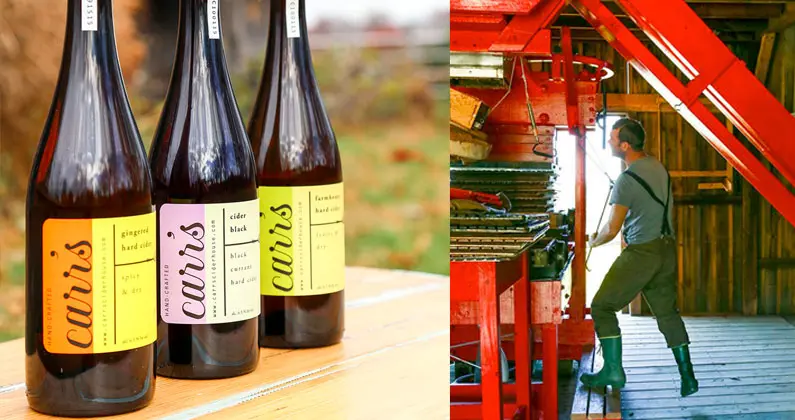
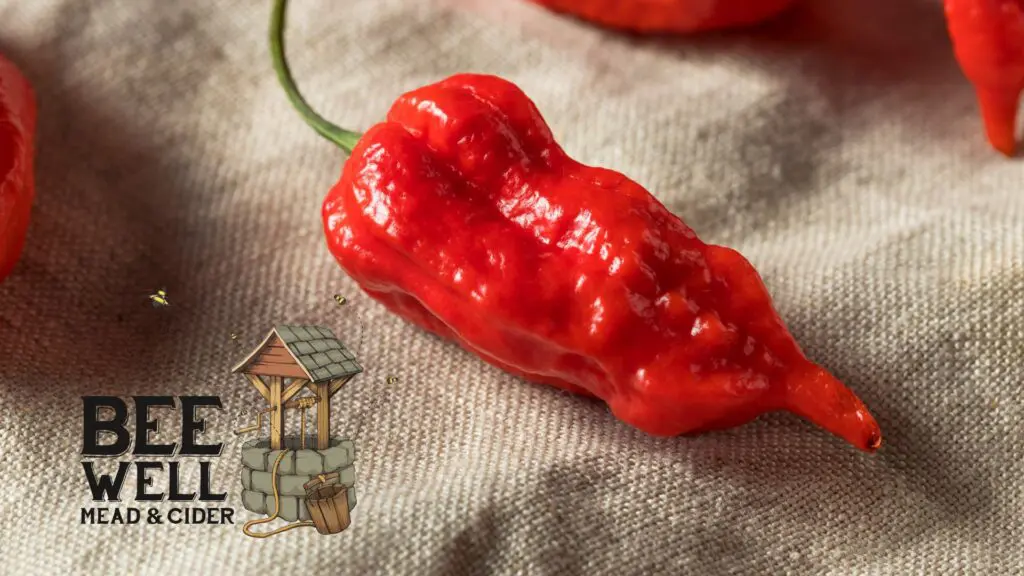
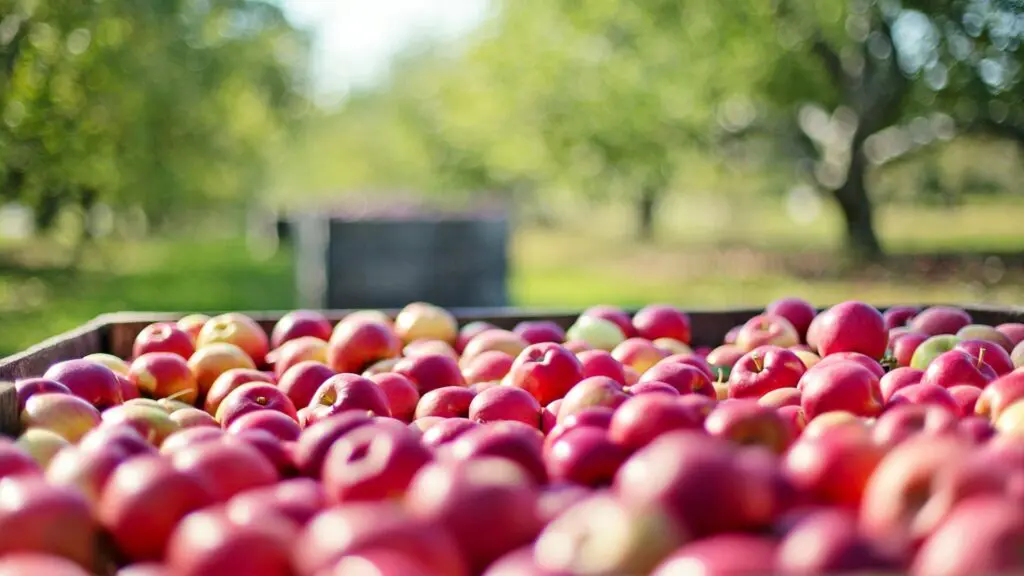


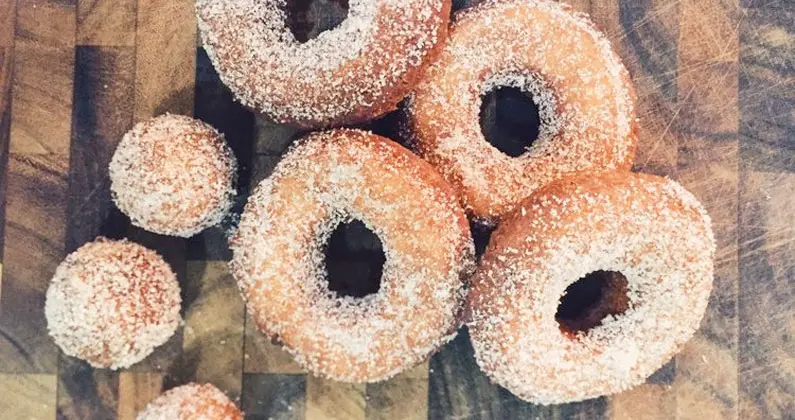
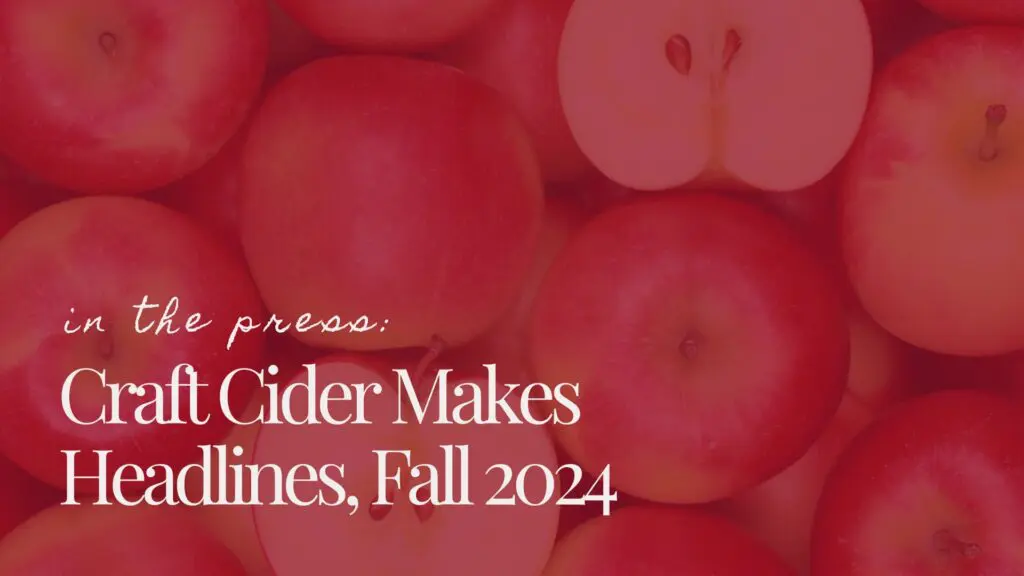
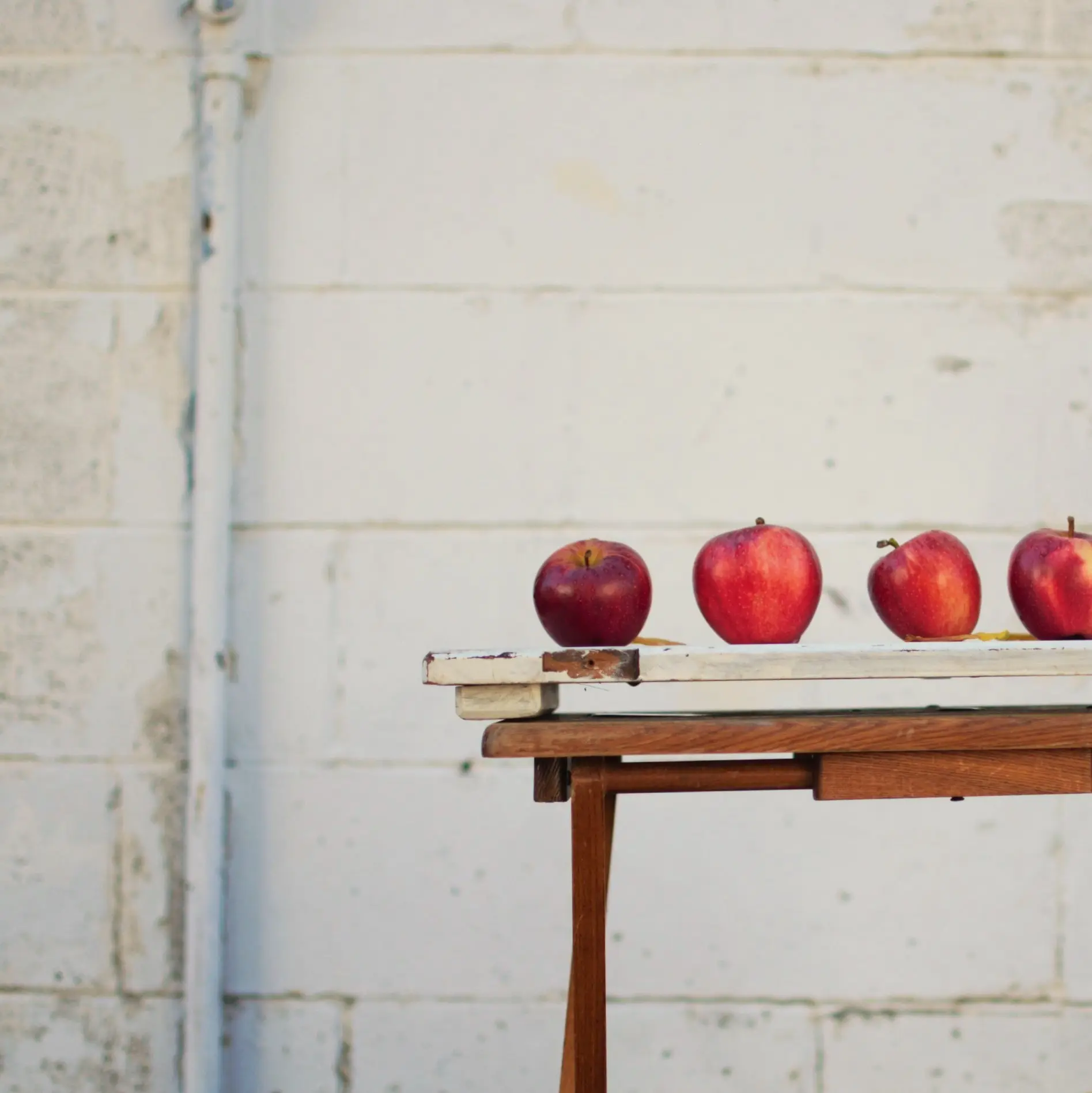



 Introducing Island Daiquiri from @portlan
Introducing Island Daiquiri from @portlan








